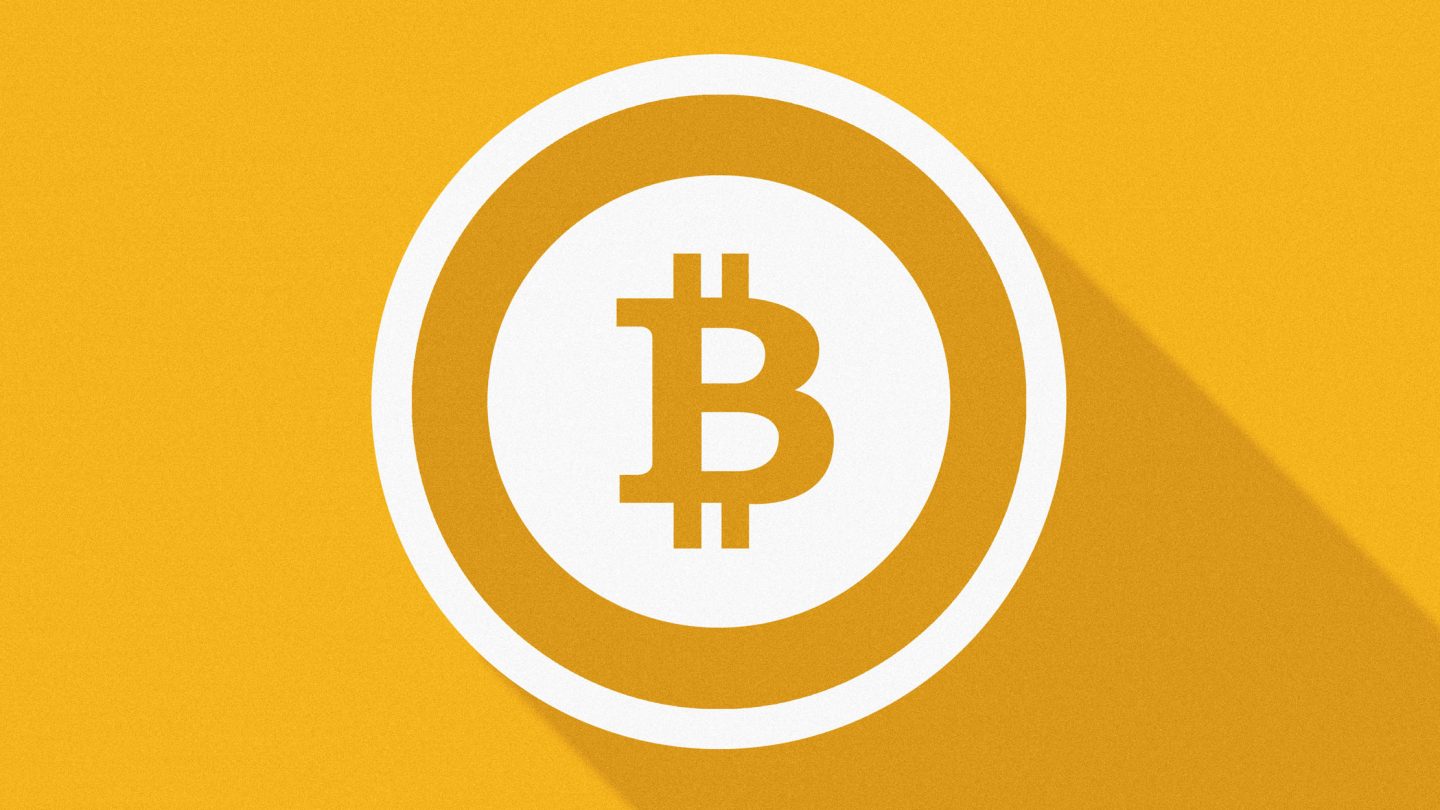No it’s not a band name, but it is a typically leftfield pioneering move from Shambala!
In 2015, Shambala became the first UK festival to accept digital currency for event tickets; if you had a digital wallet and some Bitcoin then you could have snapped up a full price adult ticket for as little as 0.92 BTC, or as much as 1.04 BTC.
Bitcoin was the first peer-to-peer digital currency, also referred to as crypto-currency. The mysterious and still unknown person (or persons) Satoshi Nakamoto established its open source protocol in 2009. By the beginning of 2015 there were already over 700 crypto-currencies established. These new forms of currency all use, as their ‘engine’, a revolutionary decentralised computer networking system to process transactions – it’s called the blockchain.
Digital or crypto-currencies are radically different from existing systems of exchange. They are global, transcend nation-state boundaries and traditional economic currency zones, they have no physical form and transactions are direct and anonymous, with no third party or intermediary – such as a bank.
Shambala’s adventure in crypto-currency has followed gathering interest and momentum in the technology and much heated philosophical debate in meetings, over drinks and around campfires! We have always had a deep desire to explore alternatives and inspire debate. Digital currency is a new global alternative, which dramatically challenges the current norms of finance and governance. There is the potential to level financial playing fields, promote social mobility and support community empowerment. It can be argued that the blockchain (and the bits) has a similar potential to bring about change as the Internet did.
Bitcoin and digital currency has many positives to explore. If you want to get involved you can go online, do some research on reputable providers, download a digital wallet, and away you go. To get your first Bitcoin you could buy some currency online (be careful), you could also sell services or wares and give your customer your wallet address rather than bank details, use a local exchange, ‘mine’ them, or even get them from a Bitcoin ATM.
We also have to accept that Bitcoin is not perfect. Much criticism has been levied at its libertarian leanings, its potential effect on the nation-state and taxation, the environmental impact of processing transactions and its anonymous nature facilitating illicit trade. However, when you consider the impact of producing and handling cash, the corruption that has been prevalent in centralised systems and the improvements in new adaptations of digital currency, the criticism should not deter engagement, nor debate.
We believe there is much more to come from digital exchange, but the really exciting element that is the ‘engine’ that powers digital currency exchange, the blockchain. The blockchain is significant because it can validate authenticity without the need for a “reputable” third-party guarantor. Although this is where it can become a bit techy, it is basically a searchable online “ledger”, which keeps track of all transactions made across the distributed network of the web, in a sequential time stamped manner (aka mining). You can trust the authenticity of a given transaction, or block, because it’s virtually impossible to corrupt a ledger that is spread across so many nodes.
It is these features of the ‘engine’ that point to new ways of doing things, which will better support community and self-governance. Blockchain technologies could bring trust and coordination to shared resource pools and enable new models of non-hierarchical governance, where intelligence is spread on the edges of the network instead of being concentrated at the center. This could dramatically reduce the opportunity for corruption and abuses of power we have witnessed many times over.
We may be at the very beginning of upending not only traditional financial systems, but also the way peoples make decisions, transfer and record —anything that has traditionally required a “reputable” third party for verification could utilise Satoshi Nakamoto’s amazing blockchain protocol. It is when you start to think about possible applications and how it could help collectivise and support community it’s easy to become over excited. A huge shift in ideology and practice will be required, but it is not impossible to foresee. This adventure in Nutopia is still a way off, but there is undoubtedly an exciting horizon well worth exploring.
Shambala has taken its first steps on this journey by accepting Bitcoin for event tickets. In 2016 we are looking at accepting other digital currencies, some with a philanthropic purpose. We intend to experiment further with systems of exchange and fundamentally question ‘value’. It is not a move towards cashless events but a vision of a less-cash world — and an exploration of fundamentally different ways of doing things. Who knows, maybe one day an application memory on the blockchain, exchanged for your handed-in bag of recycling at Shambala, could get you a locally sourced meal at a restaurant near you!?!






